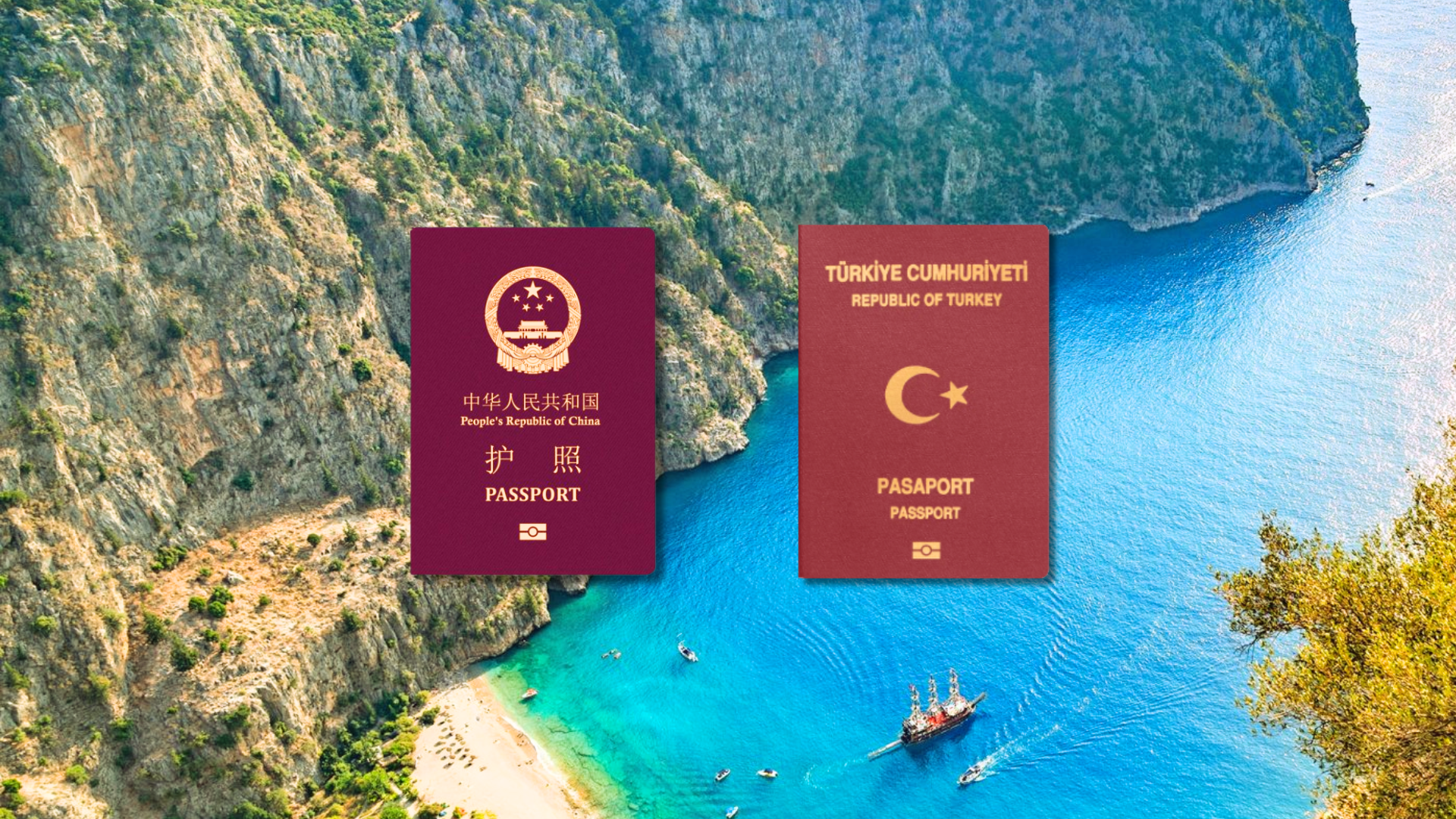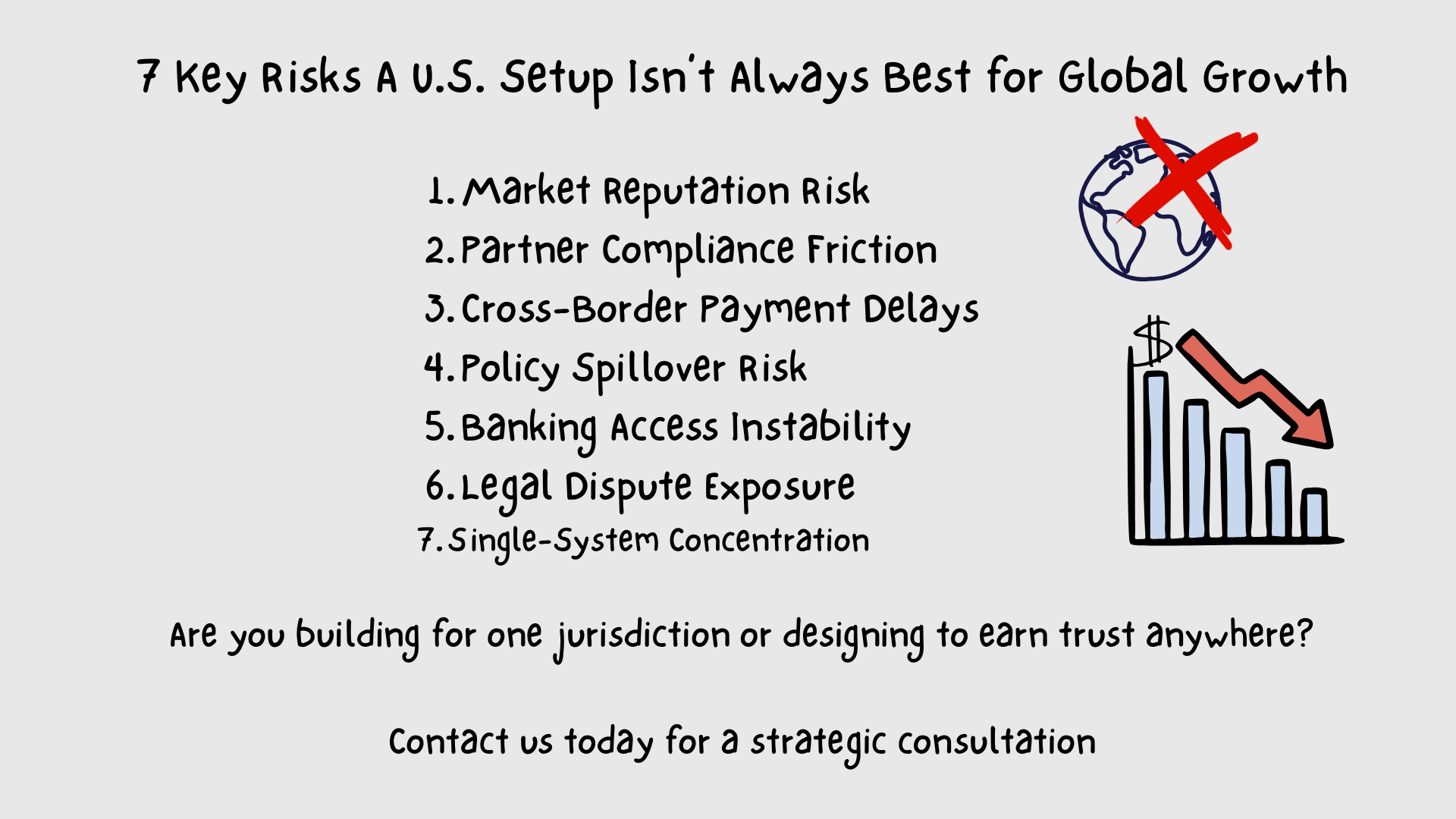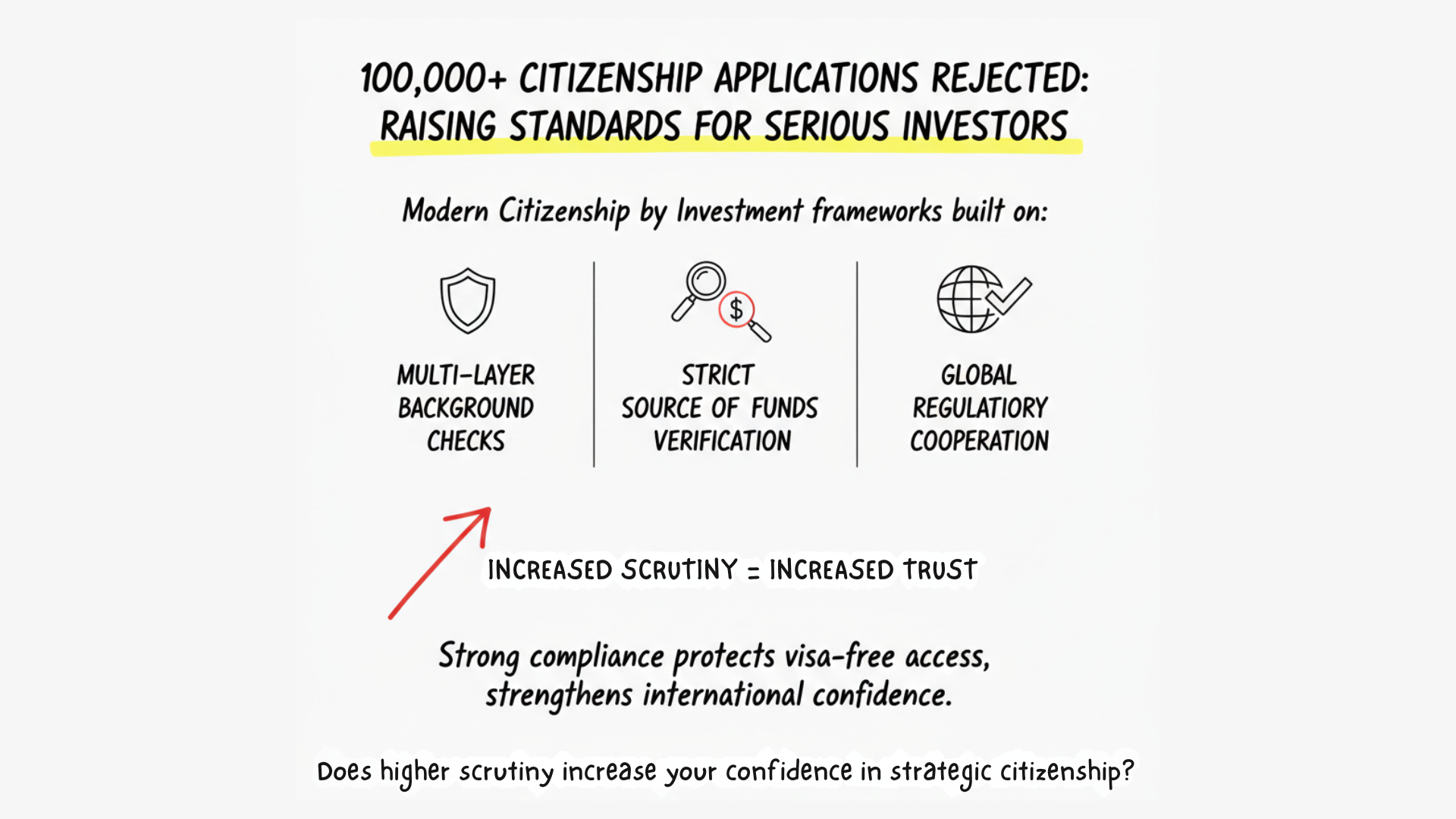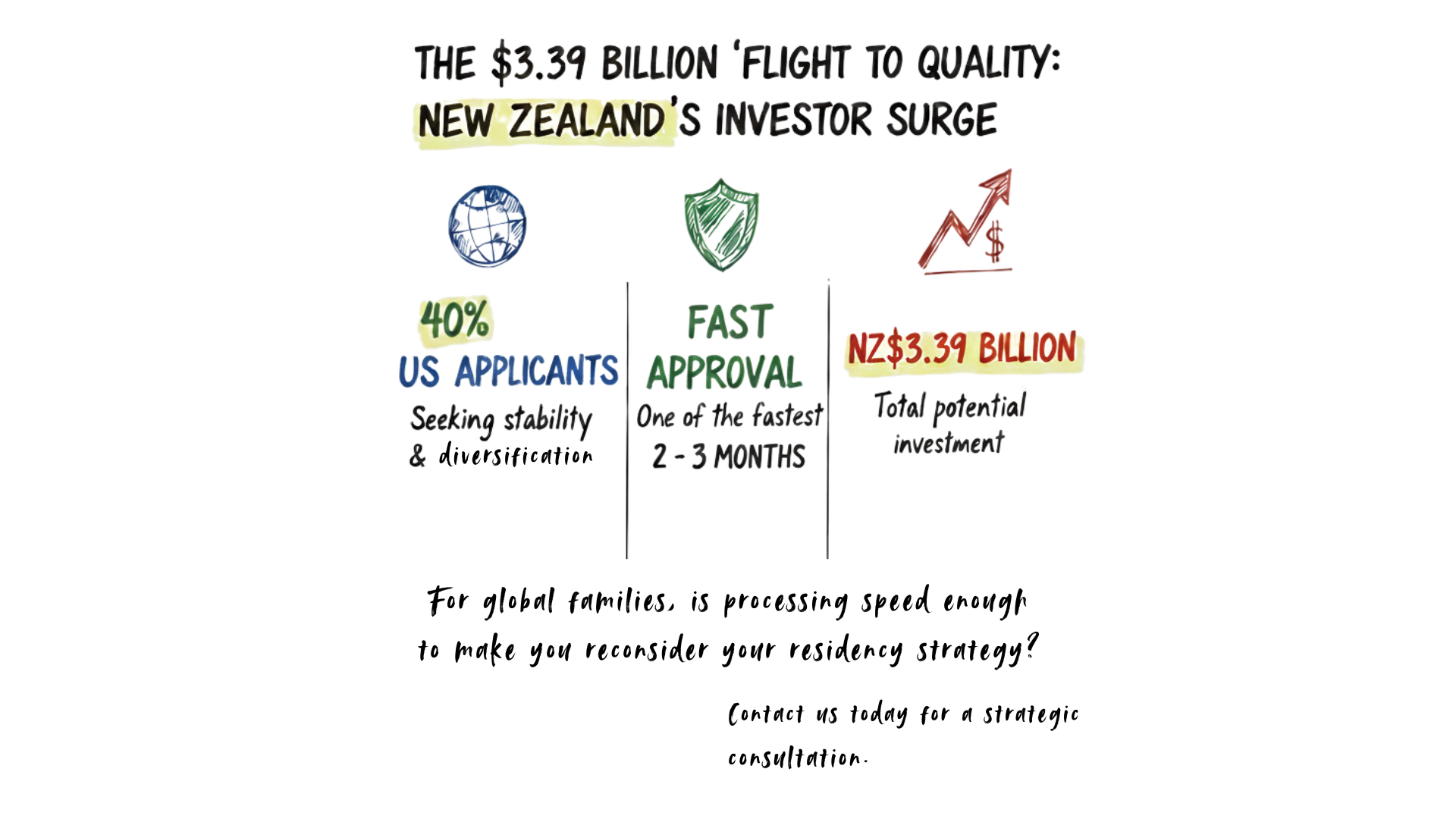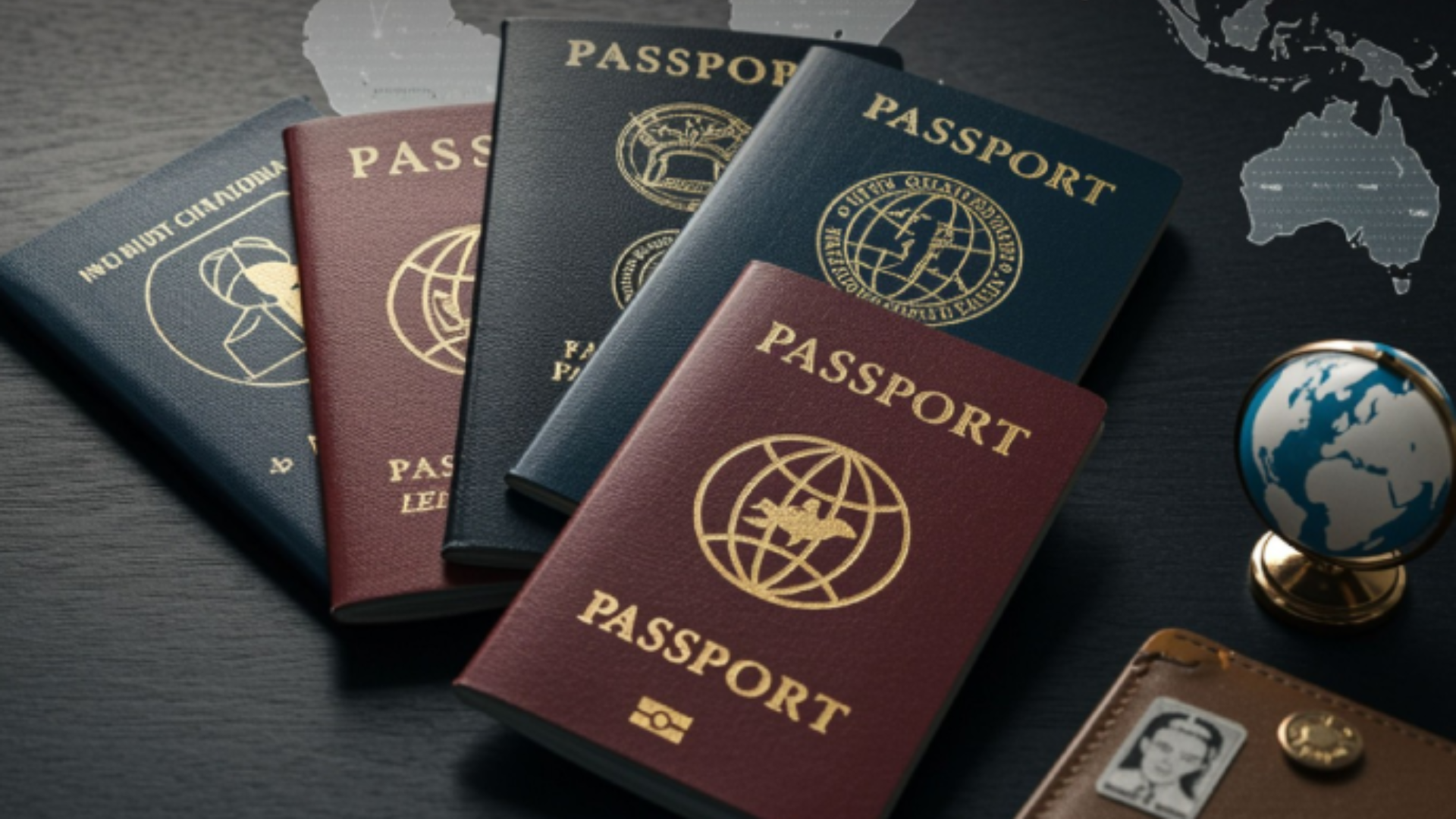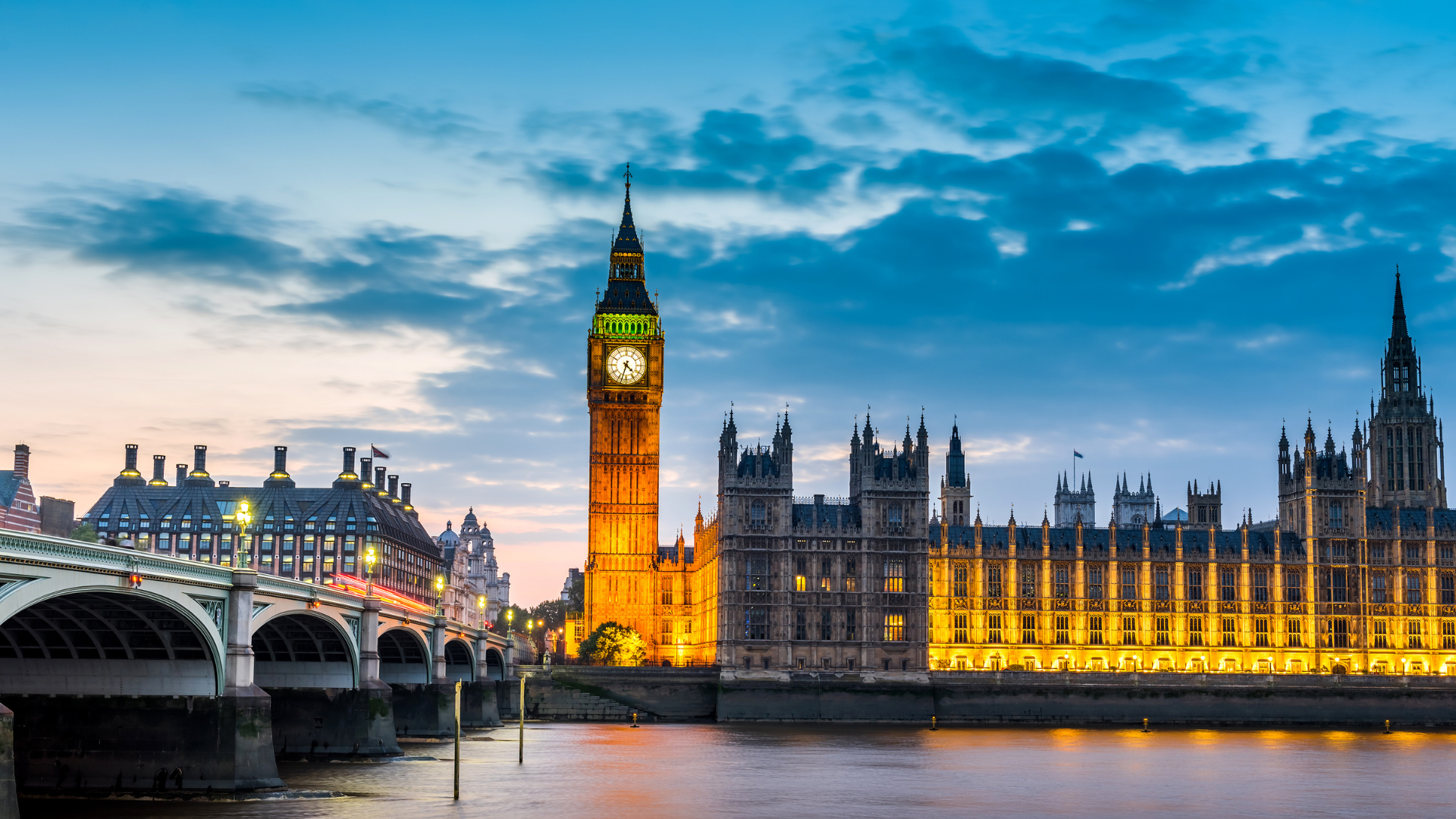New Visa-Free Pact Between Nigeria and St. Kitts & Nevis

A New Era of Africa-Caribbean Relations
In a historic move, Nigeria has extended visa-free entry to citizens of St. Kitts & Nevis, marking the first time the West African country has expanded its visa-free policy beyond Africa. This groundbreaking agreement strengthens diplomatic and economic ties between Africa and the Caribbean and sets the stage for deeper cooperation.
What the Agreement Includes
This visa-free deal allows citizens of both countries to travel without needing a visa for short stays.
Key Details:
- Applies to ordinary, official, and diplomatic passports
- Travel is reciprocal, Nigerians can also visit St. Kitts & Nevis visa-free
- Travelers must still meet standard entry conditions, such as:
- A valid passport
- Proof of onward travel
- Completion of arrival or departure documentation
This move aims to boost tourism, trade, education, and cultural exchange between the two nations.
A First for Nigeria
Until now, Nigeria’s visa-free policy was mainly limited to its African neighbors, particularly ECOWAS member states. Only a few countries outside ECOWAS, like Cameroon and Chad, enjoyed such privileges.
With this agreement:
- St. Kitts & Nevis becomes the first non-African country to get visa-free access to Nigeria.
- This signals a strategic shift in Nigeria’s foreign policy to engage more globally, particularly with the Caribbean.
Why This Matters
This new agreement is more than just about travel, it’s about creating strong and lasting ties.
Benefits include:
- Increased trade and investment opportunities
- Tourism growth, especially with new direct flights between Abuja and Basseterre
- Stronger cultural and educational exchange
- Encouragement of diaspora connections
It also supports St. Kitts & Nevis’ “Sustainable Island State Agenda”, aiming for stronger global relationships.
A Symbol of Unity and Progress
The deal was finalized after high-level talks between Nigeria’s President Bola Ahmed Tinubu and Prime Minister Dr. Terrance M. Drew of St. Kitts & Nevis. Leaders of the Organization of Eastern Caribbean States (OECS) were also involved in discussions.
Dr. Drew described the deal as:
“Both a symbolic and practical step to reconnect with our peoples.”
This agreement also serves as a model for future Africa–Caribbean partnerships, encouraging more countries to follow suit.

Challenges to Watch
While the visa-free policy brings great promise, its success will depend on careful implementation.
Potential challenges:
- Aligning immigration systems
- Ensuring proper security and monitoring protocols
- Avoiding misuse of the system
Authorities from both nations are expected to monitor the situation closely and make necessary adjustments.
Looking Ahead
This move opens the door for:
- Other Caribbean countries to seek similar agreements with Nigeria and other African nations
- African citizens to access more parts of the world without visa burdens
- A more connected and cooperative global South
It also enhances the global value of the St. Kitts & Nevis passport, which already offers visa-free access to over 150 countries.
Contact us if you are interested in Citizenship by Investment
Our expert advisors will have a 1-on-1 consultation to find the best solutions for you and your family and guide you through the procedure.
As more countries explore these types of agreements, the future looks promising for stronger global partnerships, built on mutual respect, mobility, and opportunity.
Share this blog
Frequently Asked Questions
Related Articles
Beijing Is Watching Your Wealth; Turkey Offers a Legal Pathway
In an era of rising financial scrutiny, global investors are taking action. Discover why 89% of Chinese HNWIs are exploring…
$537M U.S. Investment Anchors Eko Atlantic City Lagos by 2028
The $537M U.S. Investment Anchors Eko Atlantic City, Lagos by 2028 signals institutional trust and long-term confidence in Lagos. For…
7 Key Risks A U.S. Setup Isn’t Always Best for
A cross-border business setup can boost global growth by reducing onboarding delays, payment friction, and concentration risk. This guide explains…
Why Citizenship by Investment Due Diligence Matters for Investors
Citizenship by Investment due diligence protects more than an application. It safeguards international credibility, visa free access, and long term…
Wealthy Americans Lead New Zealand Golden Visa Surge
Wealthy Americans are leading the New Zealand Golden Visa surge as investors prioritize stability and diversification. Billions in committed capital…
Second Residency Is Now A Top Three Global Wealth Priority
Second residency has quietly moved into the top tier of priorities for serious wealth holders. This article explains why investors…
UK Exit Tax 20% and the Future of Strategic Wealth
The UK Exit Tax 20% could significantly impact HNWIs, founders, and investors with substantial unrealized gains. This in depth analysis…

